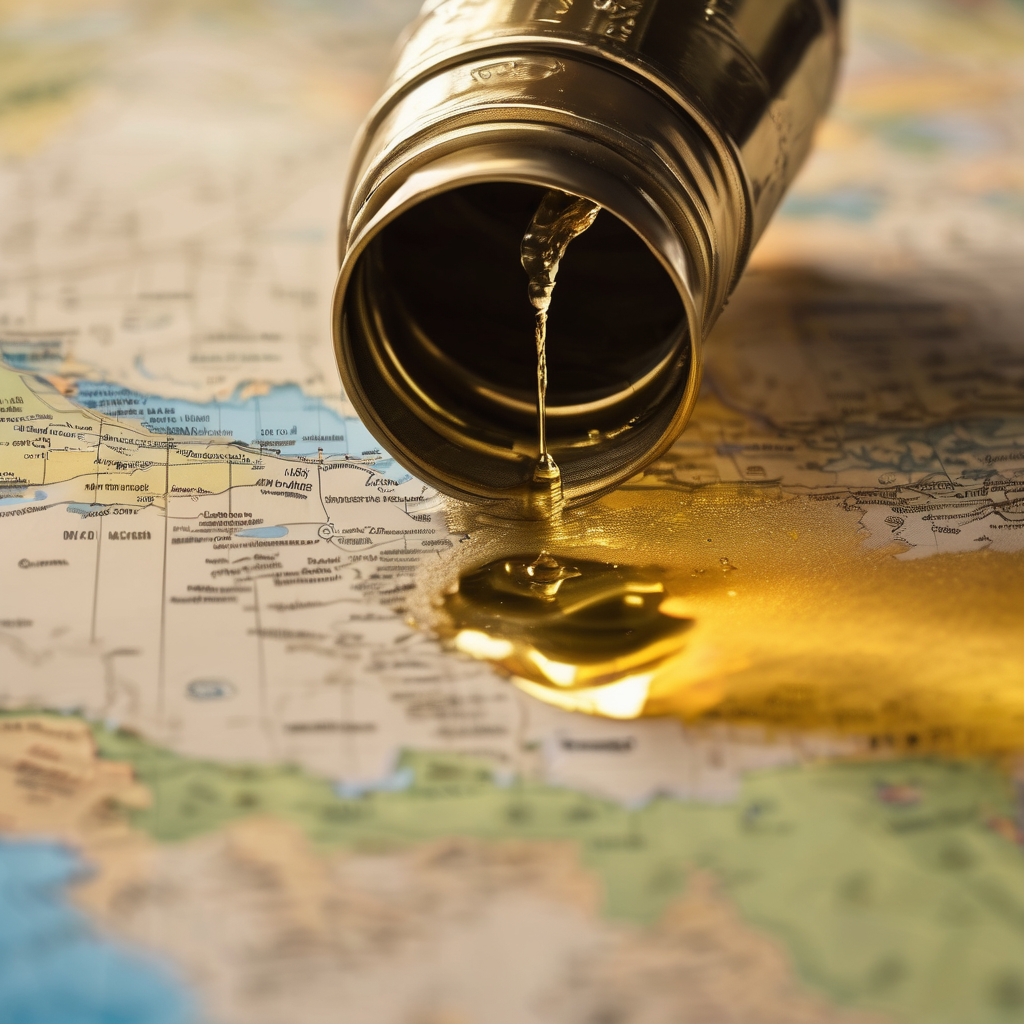Carolyn Kissane, an esteemed academic director and clinical professor at New York University’s Center for Global Affairs, shared her insights on the evolving geopolitics of oil during a recent CFR Academic Webinar. This discussion comes at a pivotal time when global energy dynamics are undergoing significant shifts due to geopolitical tensions, particularly in light of Russia’s ongoing war in Ukraine and recent OPEC production cuts.
Kissane emphasized that the past fourteen months have drastically altered the landscape of oil geopolitics. Russia’s role as a leading oil producer complicates global energy security strategies, especially as countries reevaluate their dependencies amid the backdrop of the Russia-Ukraine conflict. The ongoing energy transition and wider climate change concerns further add layers of complexity to these discussions.
She pointed out that global oil consumption exceeds 100 million barrels per day—once again highlighting the need for continuous production and distribution systems worldwide. Surprisingly, there has been an increase in demand rather than a reduction, predominantly driven by Asia’s fast-growing economies. With China’s reopening, expectations regarding oil demand for 2023-2024 remain uncertain, potentially amplifying global oil demand.
The recent decision by OPEC+ to cut production by 1.2 million barrels per day caught many analysts off guard, especially as this comes at a time when oil supply is already tight. Kissane noted that the immediate impact of this decision has been felt in rising oil prices, which have stabilized above $80 a barrel. The implications of higher prices become particularly concerning for economies faced with recessionary pressures, risking further energy-related inflation.
Kissane elaborated on the strategic implications of the changing oil market, explaining how non-OECD countries—including China, India, and Turkey—have increasingly shown interest in purchasing discounted Russian oil. This interest continues despite the ongoing sanctions and helps Russia maintain its oil revenue through creative logistics and transportation methods.
Additionally, Kissane accentuated the interconnectedness of the global oil market, spotlighting how shifts in one region can resonate globally. Countries such as Saudi Arabia, the United States, and Russia remain critical players, each navigating their energy strategies amid geopolitical challenges.
The dialogue then pivoted to the European Green Deal and its evolution following Russia’s invasion of Ukraine. Kissane explained that this crisis has underscored the urgency of accelerating renewable energy transitions and reducing dependency on Russian energy. Countries across Europe are recognizing that diversifying energy sources is critical to enhancing energy security.
In response to inquiries about Venezuela’s potential reintegration into the global oil market, Kissane indicated that while Venezuela possesses vast reserves, its current political and infrastructural challenges hinder production levels. Any shift toward more effective governance could present new opportunities for the country’s oil industry.
Overall, Kissane’s insights offer a comprehensive understanding of the intricate web of factors influencing global oil markets today. As the geopolitical landscape continues to evolve, the need for strategic energy reassessment has never been more pressing. Her perspectives highlight not only the continued reliance on oil but also the pressing necessity for a transition toward sustainable energy solutions. This balance of supply, demand, and geopolitical strategy will be essential for maintaining energy security in the years to come.
